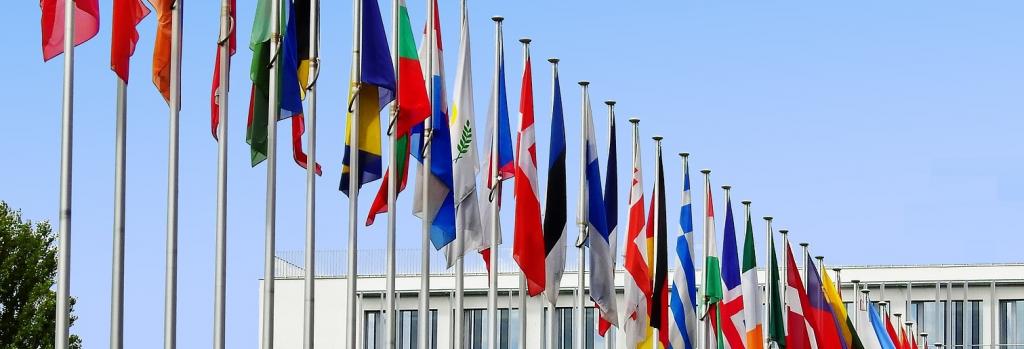The United Nations will convene a High-Level Meeting (HLM) on Universal Health Coverage (UHC) on 23 September 2019 in order to concentrate actions towards a healthier world. This first meeting dedicated to UHC represents an opportunity to strengthen the commitment of Member States and coordinate a global response to implement sustainable, resilient and strong health systems. In preparation of this event, a political declaration has been under consideration by UN Member States since May 2019. The final content of the declaration that will be adopted next month will provide a basis to accelerate global efforts to achieve universal, affordable and quality access to health care services. The political declaration on UHC has the potential to encourage action beyond the domain of health and promote coordination among different sectors.
A zero draft of the declaration which stresses health as a precondition for the implementation of the 2030 Agenda for Sustainable Development was published on 17 May 2019. This document identified multiple strategies in order to achieve UHC and highlighted target areas (affordable access to medicine, health services and vaccines; communicable diseases and non-communicable diseases prevention; strong health systems and a competent workforce; antimicrobial resistance; health inequities; environmental, digital and social determinants; and emergency preparedness and response systems). The initial agreement attempts to enhance governmental commitment in order to increase global awareness, international solidarity and hence reach UHC by 2030.
The final draft of the political declaration was recently published, highlighting a few areas of discord. Multiple delegations have contested paragraphs related to the health of vulnerable groups (migrants, refugees, indigenous people and internally displaced persons) and access to sexual and reproductive health and reproductive rights (SRHR). The sections related to SRHR are still under negotiations as the text is closely related to sensitive issues such as contraception and abortion. Even if SRHR are considered as fundamental health rights by many governments, some Member States such as the United States and the Philippines argue that the language of the declaration does not entirely align with national contexts and legal priorities. Including sexual education and safe access to sexual health services to the UHC political declaration can positively impact the health of women. SRHR represent a critical factor to UHC as they cover mental, physical and social well-being. Access to sexual information, contraception and safe abortion can also affect a woman’s right to education or economic development.
The language of the latest draft of the declaration is not perceived as “deeply transformative” by a few civil society health experts as the recent adjustments made to the document weakened the initial objectives drafted in May. The national resources allocated to health have also been reconsidered in the new agreement. While Member States agreed to spend an extra 5% of their GDP on health at the beginning of the year, the percentage fell to 1% in August (Devex). The final document that will be signed during the HLM in September has the potential to enhance the UHC movement and identify strategies which can accelerate global progress by 2030. This meeting will also have a crucial role for the rights of vulnerable and marginalised groups as the political declaration can ensure that no one is left behind.


